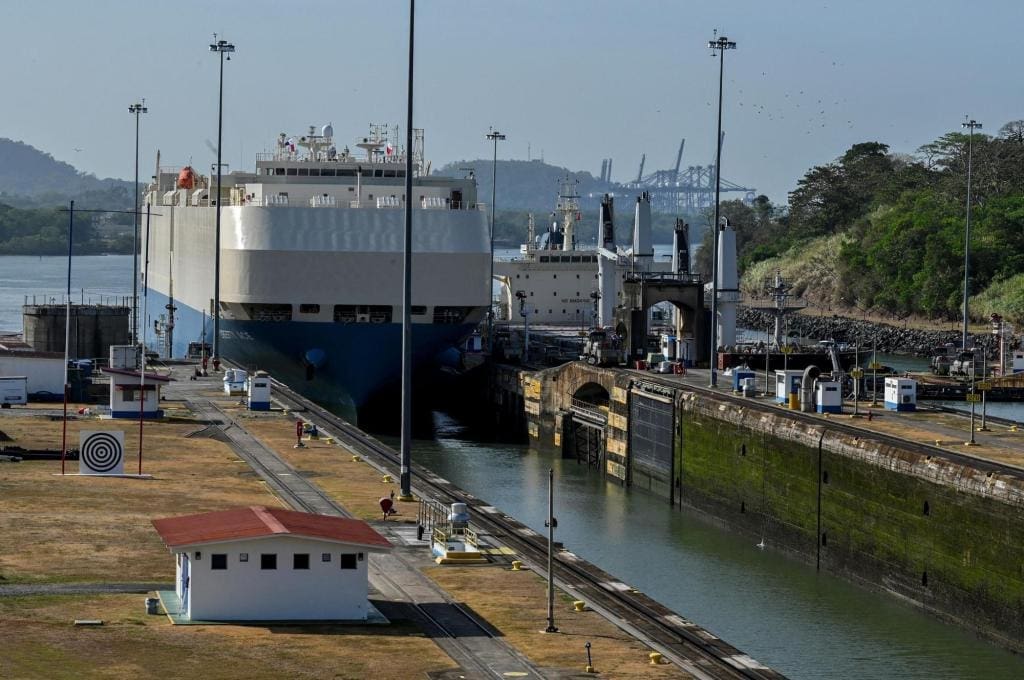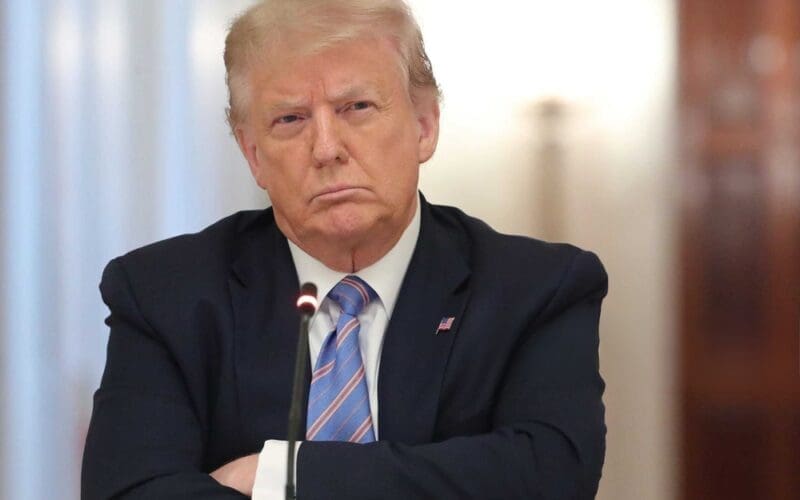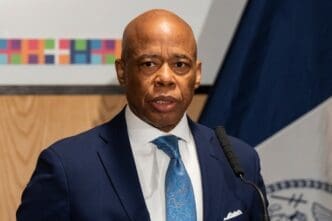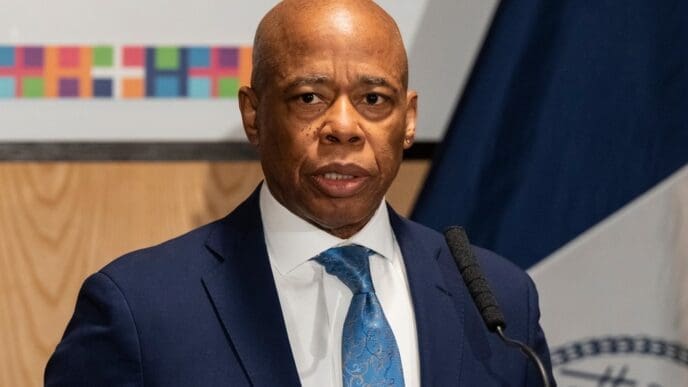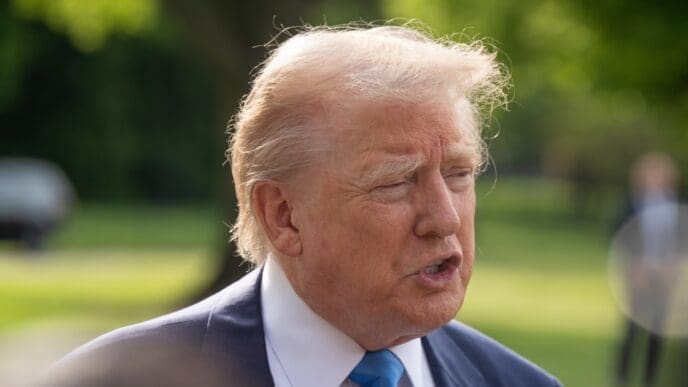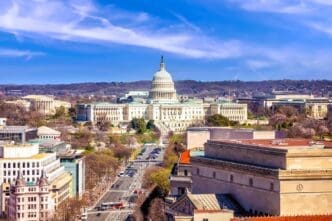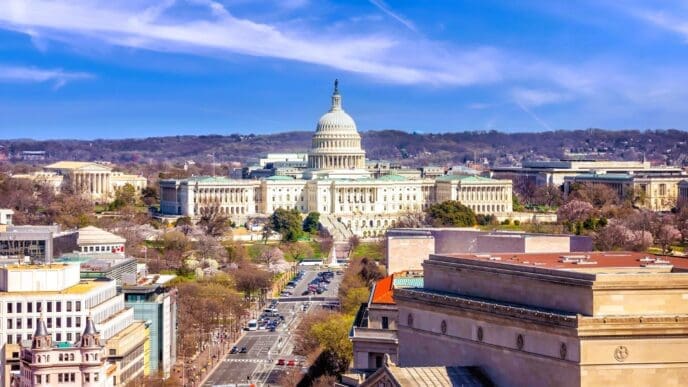President-elect Donald Trump’s recent remarks on the Panama Canal have stirred significant debate, highlighting both valid concerns and potential missteps in his approach.
Trump’s critique of the 1977 treaty orchestrated by former President Jimmy Carter, which transferred control of the Panama Canal to Panama in 1999, has sparked controversy. Contrary to Trump’s assertions, this treaty did not undermine U.S. interests. Instead, it bolstered them by improving America’s diplomatic standing and transforming the canal into a thriving commercial hub, now managing a significant portion of global cargo traffic. This development has inadvertently drawn China’s investment interests, raising legitimate geopolitical concerns.
China’s growing influence in Panama, fueled by substantial investments in infrastructure projects, poses a challenge to the canal’s intended neutrality. Trump’s awareness of this issue is warranted, but his proposed solutions may not be viable. Threatening to regain control of the canal or accusing Panama of exploiting U.S. shippers could exacerbate tensions and violate international agreements. Such actions might not only strain diplomatic relations but also risk unnecessary military confrontations.
During Trump’s first term, China’s involvement in Panama expanded significantly, largely unchallenged. In 2020, Chinese enterprises responded to Panama’s call for help with water management systems to address climate challenges. This situation begs the question of why U.S. companies have not stepped up similarly, indicating a need for strategic incentives and partnerships.
To counter China’s influence effectively, Trump should advocate for initiatives such as the bipartisan Americas Act, which aims to revitalize the U.S.’s economic partnerships in the region. However, effective execution will depend heavily on diplomatic finesse—a quality perhaps lacking in Trump’s choice for ambassador to Panama, Kevin Marino Cabrera. Cabrera’s controversial background, marked by his participation in confrontational protests, raises doubts about his capability to navigate complex geopolitical landscapes.
If Trump’s strategy in Panama involves assertive tactics, the selection of an ambassador with a more seasoned diplomatic background might be crucial. The current nominee, Cabrera, contrasts sharply with China’s seasoned envoy, Xu Xueyuan, potentially putting the U.S. at a diplomatic disadvantage.
The evolving dynamics around the Panama Canal require carefully crafted strategies and astute diplomacy. While Trump’s concerns about China’s influence are not unfounded, the proposed approaches and diplomatic appointments need to reflect a more nuanced understanding of global politics.


